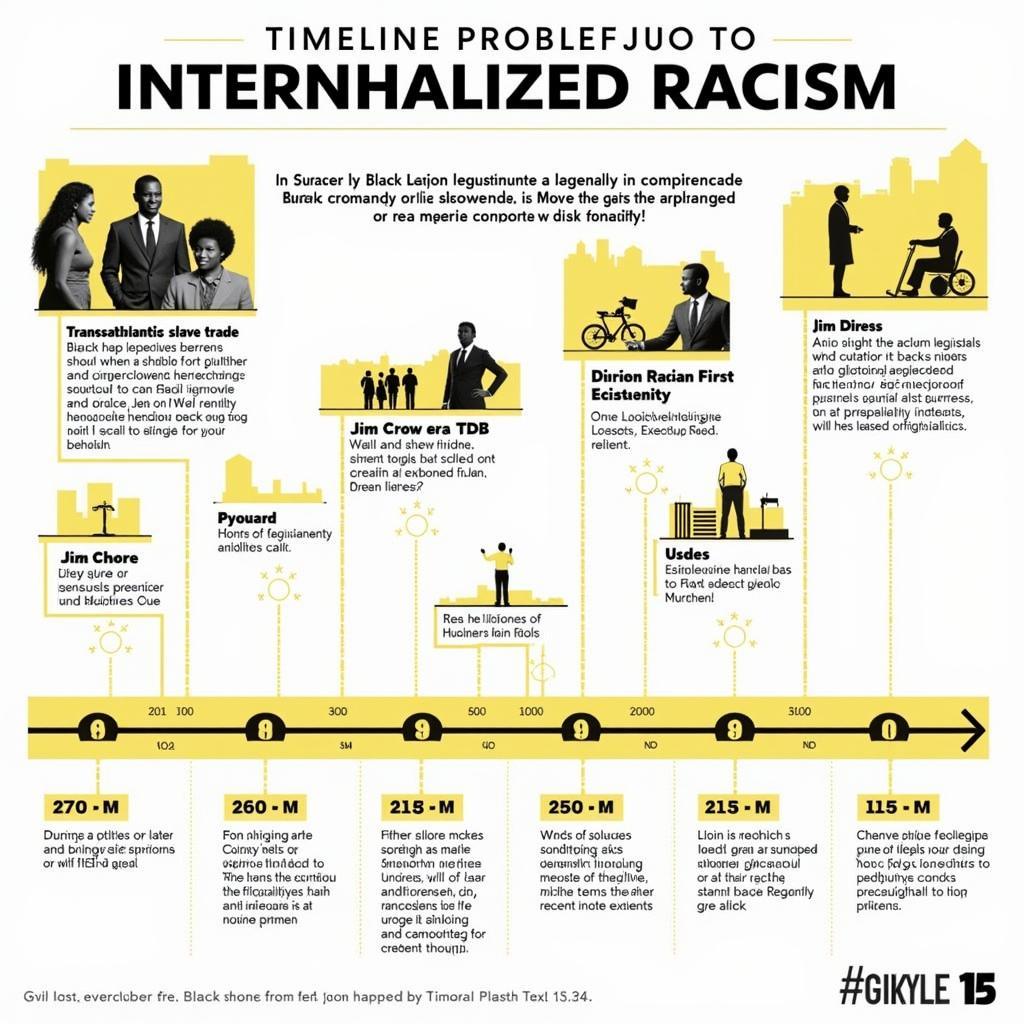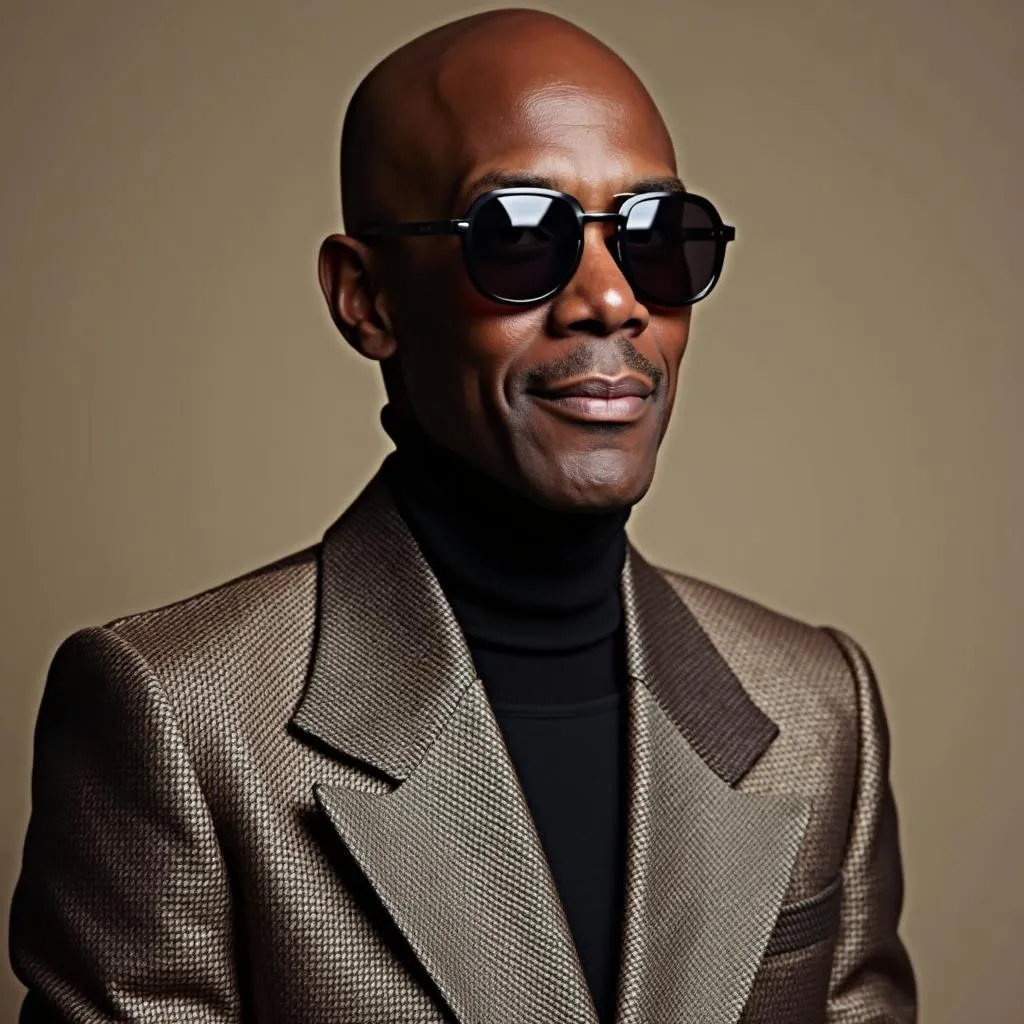Understanding African American Self-Hatred
African American self-hatred is a complex and sensitive topic rooted in the historical trauma of slavery and its enduring legacy of systemic racism. This internalized oppression manifests in various ways, from negative self-perception to discriminatory practices within the community. It’s crucial to understand the historical, social, and psychological factors that contribute to this phenomenon to foster healing and empowerment.
Addressing this issue requires acknowledging the deep-seated psychological wounds inflicted by centuries of oppression. From the dehumanization of slavery to the Jim Crow era’s segregation and discrimination, African Americans have been subjected to a constant barrage of negative messaging about their worth and potential. These experiences have, understandably, left scars on the collective psyche. It’s important to note that internalized racism isn’t an individual failing but a consequence of systemic oppression. You can learn more about the experience of African Americans in literature like The Bluest Eye by checking out this resource on African Americans in Bluest Eye.
The Historical Roots of Internalized Racism
The transatlantic slave trade stripped Africans of their cultural identity, language, and heritage, replacing them with the dehumanizing label of “slave.” This systematic erasure of identity and the constant reinforcement of inferiority laid the groundwork for internalized racism. The psychological impact of this trauma continues to reverberate through generations.
Post-Slavery and the Continuation of Oppression
Even after the abolition of slavery, the legacy of racism persisted through Jim Crow laws, segregation, and continued discrimination. These systemic injustices reinforced the narrative of Black inferiority, further contributing to the internalization of negative stereotypes.
 Internalized Racism: Historical Context
Internalized Racism: Historical Context
Manifestations of Self-Hatred
Internalized racism can manifest in a variety of ways, including:
- Colorism: A preference for lighter skin tones, often perpetuated within the Black community itself.
- Hair texture discrimination: A preference for straighter hair textures, often seen as more desirable or “professional.”
- Negative self-perception: Internalizing negative stereotypes about intelligence, capability, and worth.
- Discriminatory practices within the community: Reproducing discriminatory behaviors learned from the dominant culture.
How Does Self-Hatred Impact the Community?
Self-hatred can create divisions within the community, hindering collective action and progress. It can also lead to self-sabotaging behaviors and limit individual potential.
 Manifestations of Self-Hatred within the African American Community
Manifestations of Self-Hatred within the African American Community
Overcoming Internalized Racism
Healing from internalized racism requires a multifaceted approach:
- Acknowledging and validating the experience: Recognizing the real and lasting impact of historical trauma.
- Challenging negative stereotypes: Actively confronting and dismantling internalized beliefs.
- Celebrating Black culture and heritage: Reclaiming and embracing the richness and diversity of African American identity. For a deeper dive into African American literature, explore this collection of African American books.
- Building community and solidarity: Creating spaces for healing, support, and collective empowerment. Do you know which African American won the Nobel Prize for Literature? This link explores their contributions: African American who won Nobel Prize for Literature.
What Role Does Education Play in Combating Self-Hatred?
Education plays a vital role in deconstructing the narratives that fuel self-hatred. Learning about Black history, culture, and achievements can foster a sense of pride and belonging.
Conclusion
African American self-hatred is a complex issue with deep historical roots. By understanding its origins and manifestations, we can work towards healing and fostering a stronger sense of self-worth and community pride within the African American community. Overcoming this challenge requires a collective effort focused on education, empowerment, and dismantling the systems that perpetuate racism.
FAQ
- What is internalized racism?
- How does internalized racism manifest?
- What are the historical roots of internalized racism in the African American community?
- How can we overcome internalized racism?
- What resources are available to support individuals struggling with internalized racism?
- What role does education play in combating self-hatred?
- How can communities support individuals struggling with internalized racism?
Common Scenarios and Questions
Some individuals might question the existence of self-hatred, while others may be struggling with it silently. It’s important to approach these conversations with empathy and understanding.
Further Exploration
Explore other articles on our website related to African American history and culture.
Need Help?
For support, contact us at Phone: +255768904061, Email: kaka.mag@gmail.com or visit us at: Mbarali DC Mawindi, Kangaga, Tanzania. We have a 24/7 customer service team.


